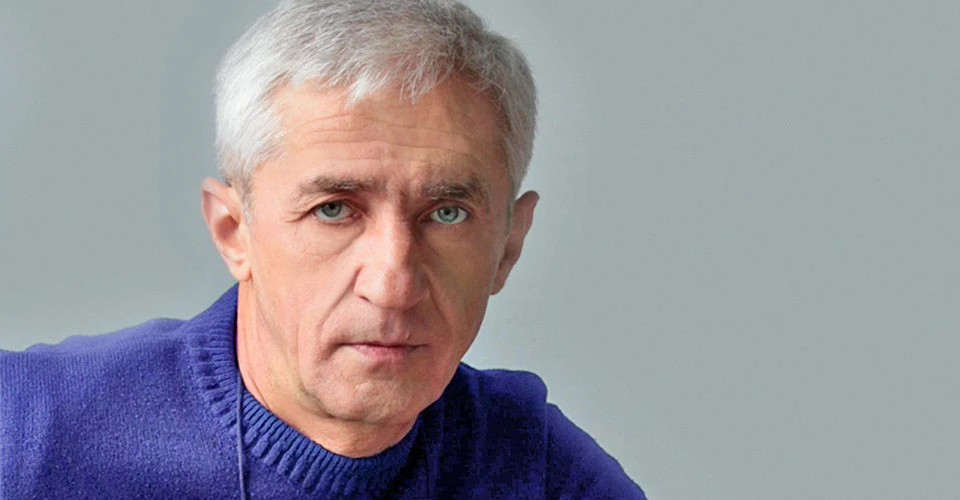
Toxic gopnikism. Why Orban imitates Putin
The genesis of the Hungarian prime minister resembles the trajectory of the Kremlin dictator's political career, even if caricatured
In the world, as we knew it before February 2022, the relativity of concepts outpaced the human ability to adapt to what was already morally acceptable. What should be mercilessly "hated," only the actual unipolarity of the world and the power (as it turned out, rather dubious) of individual countries remained constants. But, as Jaroslav Hašek wrote in his novel Svejk, "there are also unrecognized, modest heroes in the world who have not won the glory of Napoleon."
Putin's adventurous and arbitrary attempt to become a "Napoleon" has to be paid for not only by the country that is the victim of his aggression but also by Russia itself. More and more often in the information space, types who also want to try their luck have begun to appear. They act at their own discretion, although in rhetorical exercises they use what they consider to be armor-piercing arguments to explain their behavior.
“We have the phenomenon of Orban, who is probably the last devil's advocate in the European Union. And the question is not what this weird man, who is weird in terms of the Magyar mentality, is saying. The question is that his genesis, even if caricatured, resembles the trajectory of the political career of a Kremlin dictator...”
We have the phenomenon of Orban, who is probably the last devil's advocate in the European Union. And the question is not what this weird man, who is weird in terms of the Magyar mentality, is saying. The question is that his genesis, even if caricatured, resembles the trajectory of the political career of a Kremlin dictator…
The other day Orban allowed himself to speak of Ukraine as a "no one's land." I would not say that this is the "brightest" metaphor of the leader of the Fidesz party, which has ruled Hungary for almost 17 years. So far, there have been anti-Semitic and openly racist pearls. In response to accusations of political incorrectness and immorality, Orban has always responded with even more inept remarks
Orbán in a gopnik way (gopnik, gopota - a post-Soviet subculture typical of young working-class people with poor education and aggressive behavior - ed.), like his friend Putin, is interpreting history from a rather specific point of view, imperial, for the twenty-first century. If Putin has an empire behind him, even if it has dubious dynastic traditions and its sources are from the Horde, Orban has nothing to rely on. Budapest was always looked by Vienna during the Habsburg Empire as a "small beer" (not serious enough - ed.), and Hungarian attempts to regain "imperial status" in the last century usually ended in shameful defeats. "After bacchanals and orgies, there is always a moral hangover," according to Hašek. The Magyar hangover after the hallucinations of the "Great Hungary" was the humiliating Trianon Peace, and World War II ended for Budapest with communist occupation and the status of an accomplice to Nazism. The Soviets mercilessly crushed the attempted Hungarian Spring of 1956. But this seems to be not enough.
Orban should have been more selective in his choice of "historical arguments." After all, Ukrainians have always lived on their own land, but the ancestors of modern Hungarians came to the Danube Valley from across the Urals. So, as they say, you have to bite your tongue before repeating Putin's nonsense about the "origin of Ukraine."
“Ukrainians have always lived on their own land, but the ancestors of modern Hungarians came to the Danube Valley from across the Urals. So, as they say, you have to bite your tongue before repeating Putin's nonsense about the "origin of Ukraine”
As, after all, Orban's comparison of Ukraine with Afghanistan is also lame. And on both legs. Because I am convinced that everything will happen exactly the opposite. It is Russia that the Fidesz leader is desperately defending from EU sanctions, cynically hiding behind the umbrella of the European Union and NATO, so it is Russia that will reap the fruits of the war with Ukraine, similar to the consequences of the Soviet Afghanistan adventure. The "international duty" for which hundreds of thousands of Soviet citizens laid down their lives was the beginning of a major "geopolitical catastrophe" (see Putin), the resounding collapse of the Soviet Union.
With each new statement by Orban, there is less and less doubt that a secret agreement was made between Budapest and Moscow to divide Ukraine after Russia's victory. Otherwise, it is difficult to explain the systematic provocations organized by Hungarian politicians against Ukrainian Transcarpathia, involving local politicians in this game and fueling separatism in marginal circles. The stubborn attempts of Orban and his government to split the European anti-Putin coalition by vetoing economic sanctions and preventing Ukraine from receiving weapons and ammunition are also not rationally interpreted. Back to Hašek: "Here, in most cases, all logic disappeared and the paragraph won, the paragraph strangled, the paragraph idiotic, the paragraph sneering, the paragraph laughing, the paragraph threatening, the paragraph killing and unforgiving." The Czech mockingbird was referring to the bureaucracy of the Austro-Hungarian imperial system, but in our case, we are probably talking about the "paragraphs" of the newest Molotov-Ribbentrop Pact.
However, sooner or later, we will learn about the motives of Orban and his Fidesz company. Sooner or later, the "gopniks" in politics, these miserable "Napoleons" will be held accountable for their unworthy actions and dastardly designs. And while Putin will, at best, face The Hague, Orban will have to explain his own motives to his people. Because, as Hašek says, "the masses have not yet slept through the night."
About the author. Ihor Hulyk is a journalist and editor-in-chief of the website Espresso.Zahid.
The editors do not always share the opinions expressed by the authors of the blogs.
- News













































